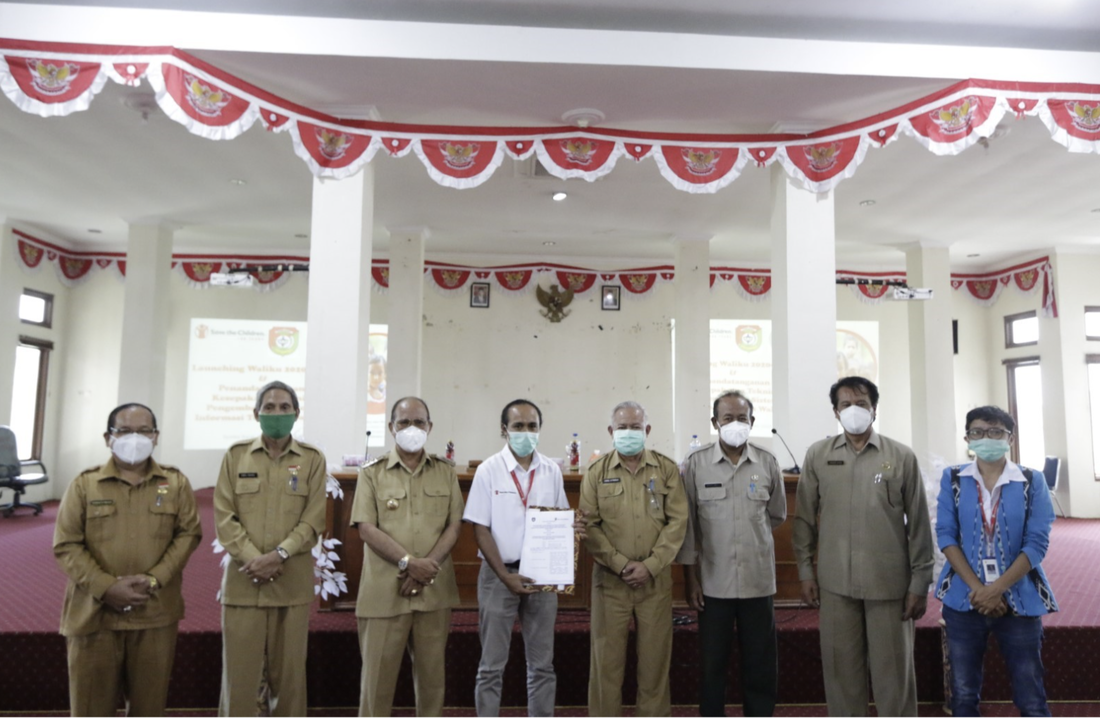|
Waliku has become an important part of safe return to schools. Global guidelines recommend digital tools for schools and local school districts to readily recognise re-enrolment levels and track attendance till to ensure students are returning to school.
In Indonesia, the scale-up continues in West Sumba, as another Memorandum of Understanding (MOU) is signed with the district education office to use Waliku in all primary schools in its six subdistricts over the next two years. At the same time, Waliku will also be used in junior high schools in Bandung district, West Java. This is to capture the remote online learning that is taking place across schools, and to identify those students who are unable to attend online lessons due to barriers of access to digital devices or network connectivity and provide them with print materials. Waliku’s expanding outreach can be attributed to the realisation of the importance of understanding and following up on student absences. Save the Children will soon introduce Waliku in its Catch Up Clubs in Uganda. These clubs are community learning spaces for children of primary school-age to catch up on their literacy skills. Community facilitators will run daily sessions for a period of 10-13 weeks and use Waliku to assess reading levels as well as track attendance of children. In Guatemala, attendance is a key metric for Save the Children’s food for education project which reaches many thousands of children across several municipalities for cooked meals and food rations during COVID. With generous giving by an individual philanthropist, the Waliku team is able to support the Guatemala project to digitize its attendance taking process for over 8000 children. Using Waliku will help the project identify if the food intervention is maintaining student engagement. Comments are closed.
|
THE LATESTNews and updates, as we work with partners to realize our shared vision of every child attaining their right to education and well-being Archives
April 2024
|


